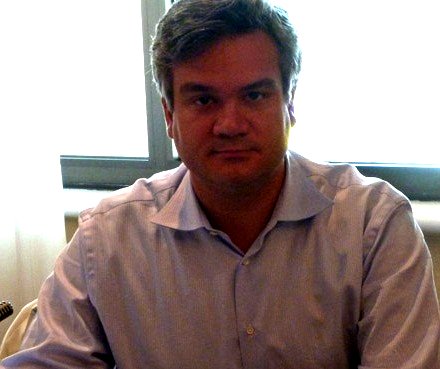Today I talked to my friend who is in Georgia now; he told me that he canít return because of political turmoil their. He said that opposition took the public TV station.
Whatís going on there? Does someone know any additional details about the situation in Georgia?
Whatís going on there? Does someone know any additional details about the situation in Georgia?








Comment